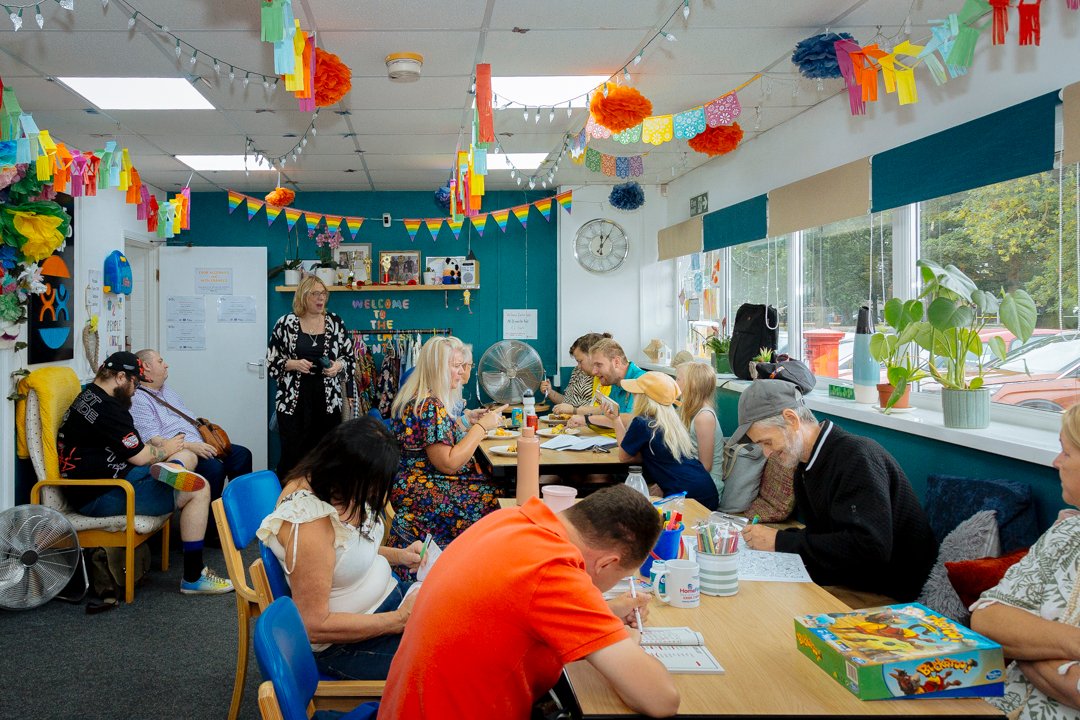Cities, the social economy and inclusive growth
This report examines the role of the social economy in bringing about inclusive growth that generates more and better jobs in UK cities, particularly for people who are in - or at risk of - poverty.
The report finds that:
- The social economy has been shown to promote inclusive growth by creating jobs, strengthening skills and employability; building diversified local economies; and contributing to wider economic and institutional transformation.
- Successful social economy development often arises from an enabling context, or social economy ‘ecosystem’ of various elements of support provision and a high level of collaboration between actors, both within the social economy and the public and private sectors.
The social economy constitutes a range of organisations that have a core social mission, including social and community enterprises; voluntary and community sector organisations; housing associations; co-operatives and mutuals; informal self-help initiatives; social finance and support providers; and alternative business models.
The report develops several recommendations for how UK cities can engage the social economy to lead an inclusive growth agenda.
The project was undertaken by a team at Middlesex University and The Open University.

This report is part of the neighbourhoods and communities topic.
Find out more about our work in this area.